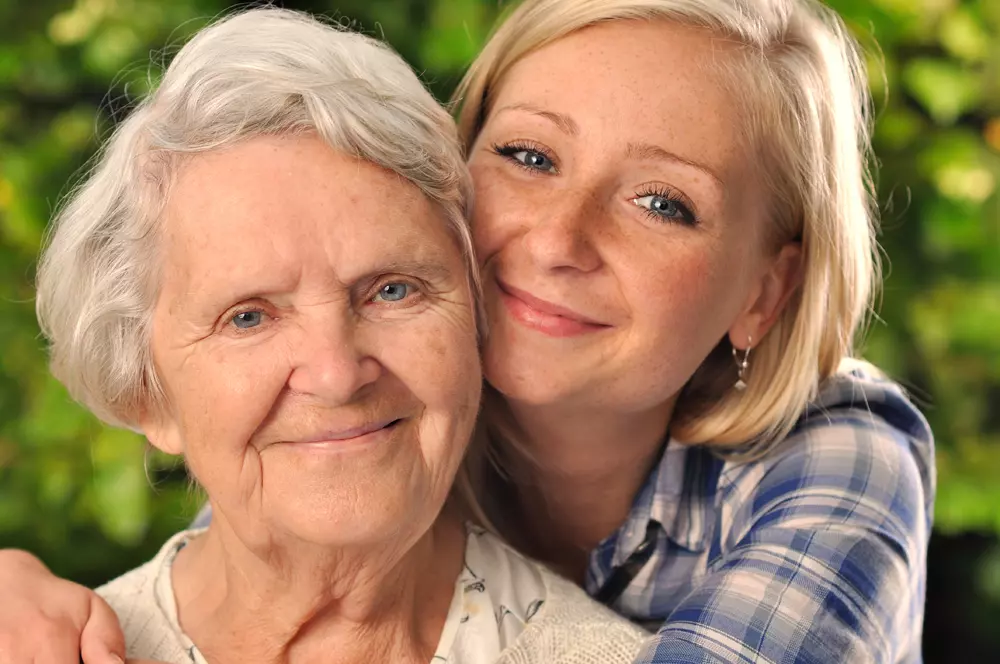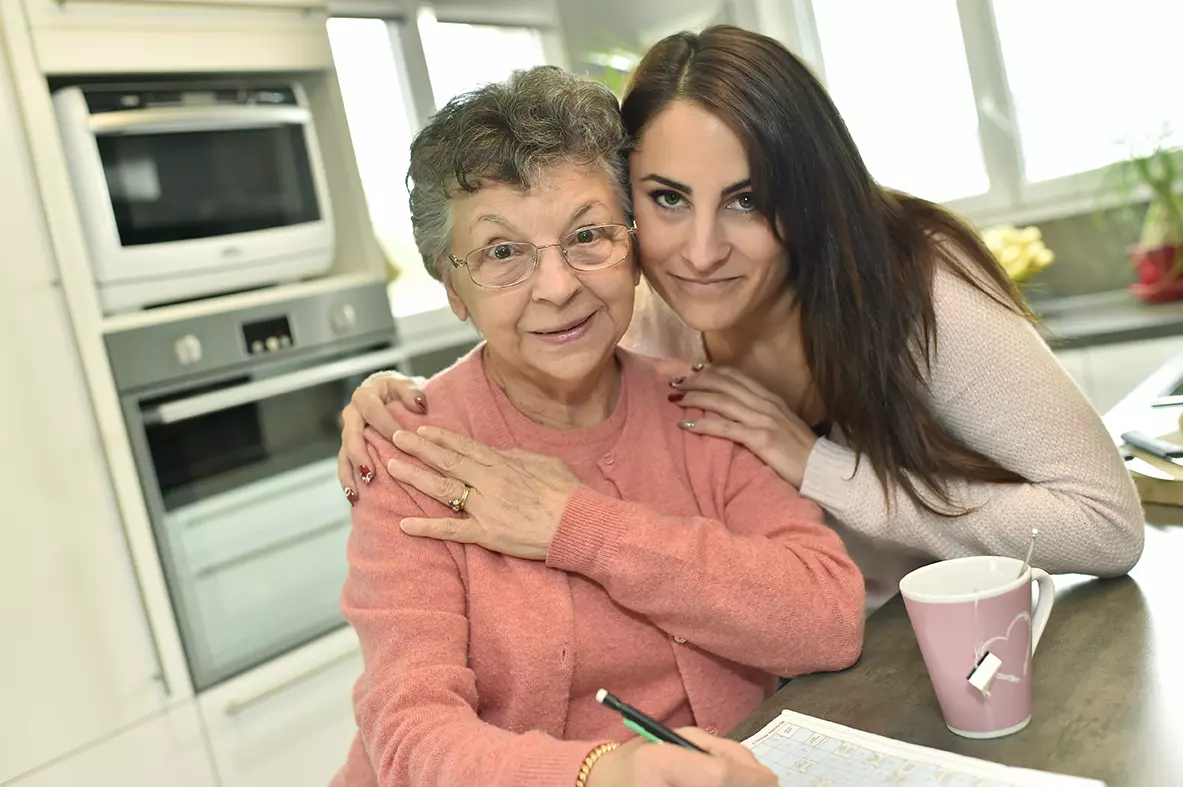
Mental health and well-being are essential components of a fulfilling and satisfying life, regardless of one's age. In the elderly population, maintaining mental health is particularly significant, as aging often comes with unique challenges and changes in physical and cognitive functions. In this article, we will explore effective ways to promote mental health and overall well-being in the elderly.
Social engagement
Find YOUR ideal care home NOW!
Social isolation is a common issue among the elderly, and it can have a significant impact on mental health. Encouraging seniors to stay socially engaged can be immensely beneficial. This may involve spending time with family and friends, participating in community activities, joining clubs, or volunteering.
Physical activity
Regular physical activity is not only good for the body but also for the mind. Exercise releases endorphins, which are natural mood lifters. Seniors can engage in activities like walking, swimming, yoga, or even chair exercises, tailored to their fitness level.
Mental stimulation
Staying mentally active is equally important. Reading, solving puzzles, playing memory games, or learning new skills can help keep the mind sharp and engaged. Many seniors enjoy taking classes or workshops, which can be both mentally stimulating and socially rewarding.
Healthy eating
Proper nutrition plays a crucial role in mental health. A balanced diet rich in fruits, vegetables, lean proteins, and whole grains provides essential nutrients that support brain function. Seniors should pay attention to their dietary habits and stay hydrated.
Regular check-ups
Regular healthcare check-ups are vital for early detection and management of health conditions that may affect mental well-being, such as depression, anxiety, or cognitive decline. Managing chronic illnesses effectively can also help preserve mental health.
Medication management
Seniors on medication should ensure they follow prescribed regimens and communicate any side effects or concerns with their healthcare provider. Some medications can affect mental health, so it's important to have open dialogues about this.
Activities to Improve Senior Mental Health
| Activity Type | Examples | Mental Health Benefits |
|---|---|---|
| Social Activities | Group outings, clubs, volunteer work | Increases interaction, reduces stress, and improves emotional well-being. |
| Physical Exercise | Walking, swimming, tai chi | Boosts endorphins, reduces anxiety, and enhances brain function. |
| Brain Training | Crossword puzzles, chess, learning a new language | Improves memory, concentration, and cognitive skills. |
| Creative Activities | Painting, knitting, playing musical instruments | Encourages self-expression, reduces stress, and fosters relaxation. |
| Mindfulness & Relaxation | Meditation, deep breathing, journaling | Reduces stress, promotes emotional stability, and enhances well-being. |
Promoting mental health and well-being in the elderly is a holistic endeavor that encompasses social, physical, and mental aspects of life. By staying socially engaged, physically active, and mentally stimulated, maintaining a balanced diet, and seeking regular healthcare check-ups, elderly individuals can enjoy a higher quality of life. Emotional support, effective coping strategies, and stress reduction techniques are equally valuable components in preserving mental health and overall well-being as they age. It's crucial to recognize that mental health is just as important in the later years of life as it is in any other stage.
FAQ:
1. Why is social engagement important for seniors?
Social interactions reduce loneliness and depression, providing emotional support and improving overall well-being.
2. How does exercise benefit mental health in seniors?
Regular physical activity releases endorphins, reducing stress, anxiety, and symptoms of depression while enhancing cognitive function.
3. What foods support brain health in the elderly?
Foods rich in omega-3 fatty acids (salmon, walnuts), antioxidants (berries, spinach), and whole grains (quinoa, oats) are essential for cognitive health.
4. How can seniors keep their minds sharp?
Engaging in reading, puzzles, learning new skills, and socializing can help maintain cognitive function.
5. What are signs of mental health issues in seniors?
Symptoms include persistent sadness, withdrawal from activities, confusion, excessive worry, and changes in sleep or appetite.
6. How often should seniors have mental health check-ups?
Annual check-ups with healthcare providers are recommended, along with screenings if behavioral changes occur.
7. What role does mindfulness play in elderly mental health?
Practicing mindfulness, meditation, or journaling can reduce stress and improve emotional resilience.
8. Can therapy help seniors struggling with mental health?
Yes, therapy can provide coping strategies for anxiety, depression, grief, and other emotional challenges.
9. How can families support senior mental health?
Regular visits, encouraging hobbies, and ensuring access to social and medical resources can greatly improve senior mental health.
10. What are the best community activities for seniors?
Volunteering, joining clubs, attending religious services, and participating in group fitness classes are excellent options.
We are here to help you choose a care home or facility best suited to your needs. Do not hesitate to contact us on the following number: 0230 608 0055 or fill out this form.
Do you need a care home for yourself or your loved one?
Share this article :
Latest posts
You are looking for an establishment for your loved one ?
Get availability & prices
Fill in this form and receive
all the essential information
We would like to inform you of the existence of the opposition list for telephone canvassing.











